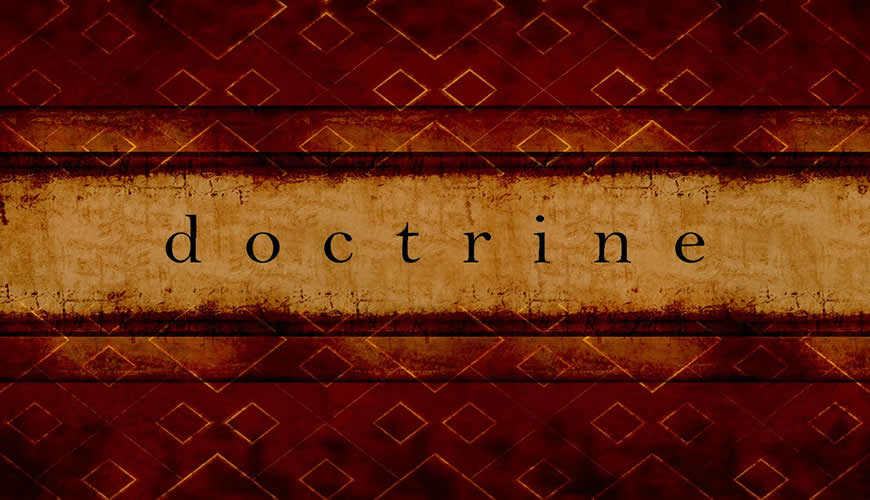…rightly dividing the word of truth. – 2Ti 2:15
The term “Doctrine” as being used in this series refers to any systematic collection of biblical propositions. So, while it includes classical doctrines such as “Trinity”, “Eschatology”, etc.; it’d also include other bodies of teaching that may not be technically considered “doctrine” in a typical School of Theology, e.g. the doctrines of “faith”, “discipleship”, “holiness”, “social justice”, etc.
As already seen in the previous post, doctrines are indispensable to Bible study. If you want to know about the Trinity, for example, you don’t have to reinvent the wheel by reading from Genesis to Revelation to see what the Bible says about it. The doctrine has already done the hard work for you; all you need to do is take the cited verses (and sometimes accompanying explanations) and continue your study from there.
Doctrinal formulation, however, comes with its own hazards, which is why a Believer should not swallow every “wind of doctrine” that comes his or her way (Eph 4:14).
Firstly, doctrines use a pattern of Bible study that we normally frown upon: taking verses out of their immediate context. Doctrinal presentations usually come as a string of Bible verses; whole chapter are rarely cited. Thus the verses cited may or may not be talking about that subject. Of course, the diversity usually helps to correct that issue; (For example, the deity of the Holy Spirit was not the subject matter in Acts 5:3&4 but with the collection of other Bible passages we can safely say we’re not misquoting Peter there).
Secondly, studying a particular doctrine can give the impression that that’s what the Bible is all about. For example, someone studying “prosperity” who notices that it’s mentioned from the very first page of the Bible (Gen 1:26-30), continues all through various characters and events in scripture, and up to the very last page with glorious, Edenic life for the Believer (Rev 22:1-5) may be tempted to think that the Bible is all about Prosperity.
The same would go also for almost any other body of teaching, like “mentorship”, “fatherhood” or even “marriage”. As long as you’re studying it specifically, you’ll find it mentioned throughout the Bible – from Genesis to Revelation. But you can only conclude that’s the message of the Bible if you forget that you’re not literally reading from Genesis to Revelation but skipping entire bodies of scripture that are currently not relevant to the subject matter.
This leads us to the third drawback, which is that it can make one to see the Bible in one colour where everything being said is about that topic. A classic example is the “prosperity” doctrine where Abraham’s blessing is always cited as proof that God wants us wealthy (Gal 3:14). Nevertheless, the “blessing of Abraham” which was to pass on to the gentiles was not physical riches but justification by faith (Gal 3:6-9, Rom 4:3-17).
AMEN.
GREG ELKAN








